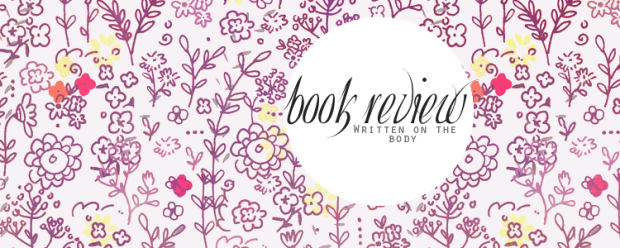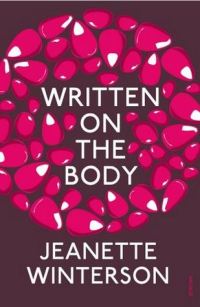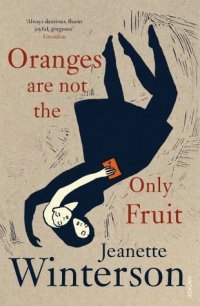

★★★★★
I adore Jeanette Winterson – she’s fast becoming one of my favourite authors and when I was on holiday and saw a signed copy of this book, I just had to buy a copy. I couldn’t resist. As it so happens this has now been longlisted for the 2019 Man Booker Prize and, having now read it, I am going to say I am surprised in the best possible way (because I enjoyed this book, but it doesn’t seem very “traditionally” Booker). I adored this book. I originally gave it 4 stars but in thinking more about it, and realising just how unforgettable this book is going to be for me, it easily bumped up to a 5.
This book follows two timelines. Firstly we follow the life of a young Mary Shelley and her contemporaries starting in the period which she wrote Frankenstein. I loved this fictionalised account of her relationships with her husband – Percy Bysshe Shelley – Lord Byron, and some others I’d not heard of until I read this book (and subsequently went on to research about them more) including John Polidori and Claire Clairmont. Mary faces her own oppression, and is a very forthright kind of young woman in a time where that was not the norm. To me that is not one jot out of character given who her mother was (Mary Wollstonecraft; 18th Century Feminist Extraordinaire) and I could very easily have read an entire novel based on the fictional account of Mary Shelley’s life.
Secondly, in the present, we follow Ry Shelley. Ry is a transgender/non-binary doctor who gets involved in his very own Frankenstein related story by Victor Stein. Along with Ron Lord (a man who is promoting the use of AI in sexbots) and a woman known as Polly D they get swept up in a frankly insane plot involving cryogenics, stolen body parts and absolutely mad science. The thing I loved about this present day section is how the parallels between it and the past unravel. Ry is a fantastic character, and in my opinion good representation of a trans/non-binary character (of course I can’t comment on the views of trans/non-binary people on this representation, I might be very wrong in how I’ve read Ry so if that’s the case, I apologise). We learn early on that Ry was assigned female at birth, and while he identifies as male and has had top surgery, he’s happy as he is without having bottom surgery. Ry is Ry – and I think it’s fair to say that the issues he faces throughout about his gender and transphobia in 2019 draw parallels to the oppression Mary was facing in the early 19th century.
Winterson is a genius. For me this book is genius. It’s a good mix of serious and laugh out loud funny. She draws parallels between the industrial revolution which Mary Shelley was living through, inspiring Frankenstein to the current boom in technology and AI. She makes the reader question so many things about life and intelligence and transhumanism, the role of AI and how that might change us as humans. More than anything, the modern period was funny. It wasn’t without it’s darker moments (gender related violence towards Ry to name the most obvious) but it was witty, and genuinely made me laugh.
I also have to confess that it took me a shamefully long time to work out that the 21st century names were all plays on the 19th century names. Ry/Mary was obvious, as was Victor Stein/Dr Frankenstein but Ron Lord (Lord Byron), Polly D (Polidori) and the modern day Claire (Claire Clairmont) took me an embarrassingly long time to figure out.
I loved this book. It wasn’t without it’s flaws, and I think it is fair to say that a lot of people on Goodreads have fair criticisms about Winterson’s representation of a trans character and I get that, I do. I’m yet to see one review by a trans individual though, and I have looked. If I find one, and they say it’s problematic, I would take everything I’ve said back and reassess my current opinion with new knowledge. But I leave this review with a quote from Ry, which I think sums up this book beautifully:-
“I am what I am, but what I am is not one thing, not one gender. I live with doubleness.”





